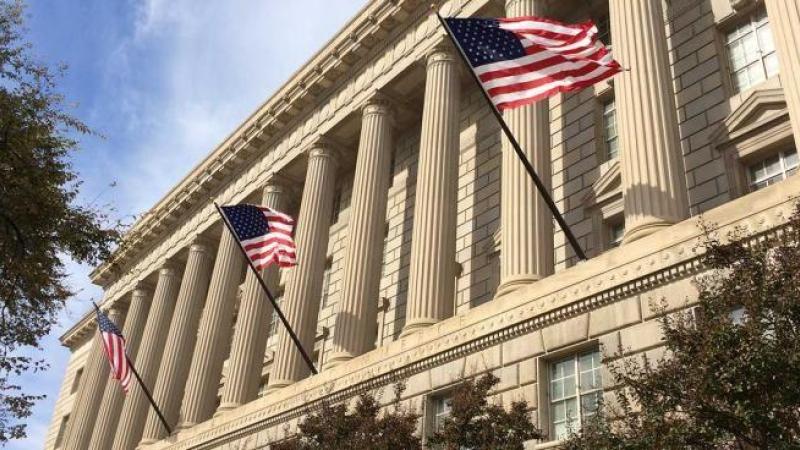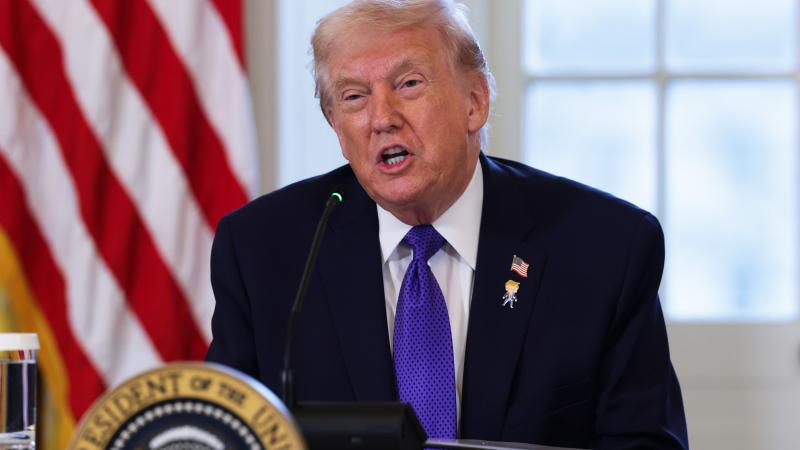Citing inflation, Ford hikes EV prices $8.5k, erasing $7.5k EV tax credit in Inflation Reduction Act
Ford is only the "latest automaker to increase pricing of their newest electric vehicles amid rising inflation and commodity costs," according to CNBC.
On Aug. 9, just before President Biden signed the Inflation Reduction Act into law, Ford announced that due to inflation it will raise the prices of its electric F-150 Lightning pickups between $6,000 and $8,500 — effectively canceling out the $7,500 federal EV tax credit applicable to the vehicles under the $740 billion tax and spending measure.
According to CNBC, Ford is only the "latest automaker to increase pricing of their newest electric vehicles amid rising inflation and commodity costs," joining General Motors, Rivian Automotive, Lucid and Tesla.
The tax credit does not apply to the purchase of electric vehicles assembled outside North America, which excludes many EVs made by manufacturers like KIA and Toyota. The new requirements took effect Aug. 16.
The tax credit would apply to EVs made by U.S.-based companies, including GM and Ford, both of which are unionized. The only exception to the new rules involves orders for EVs or plug-in hybrids that were placed prior to Aug. 16.
"Individuals who entered into a written binding contract to purchase a new qualifying electric vehicle before August 16, 2022, but do not take possession of the vehicle until on or after August 16, 2022 (for example, because the vehicle has not been delivered), can claim the EV credit based on the rules that were in effect before the Inflation Reduction Act's enactment," according to guidance released by the Treasury Department.
The prior rules did not include the North America assembly requirement. There was, however, a 200,000 cap per automaker on the number of EVs that could qualify for the tax credit.
Like the previous rules, the tax credit cannot be collected by people who lease an EV as opposed to buying it outright.
The final legislation that Biden signed into law also contains a first-ever $4,000 federal tax credit for the purchase of used EVs.
West Virginia Democratic Sen. Joe Manchin, who negotiated the final bill with Democratic leaders in Congress, said he isn't a fan of providing tax credits for EV purchases but wanted to build a strong domestic supply chain.
"I'm not a fan of the credits, okay?" Manchin said after the bill signing at the White House on Tuesday. "I'm a fan of basically building a supply chain here so we don't have to be dependent on China to send their batteries and their anodes and cathodes and everything."
Just the News asked a United Auto Workers representative if the union supports excluding EVs assembled outside the U.S. from eligibility for the federal tax credit.
“The Inflation Reduction Act is an important law that will help all working families both today and into the future," UAW President Ray Curry said. "Our union always supports incentivizing U.S. manufacturing. That is why we supported the Stabenow-Kildee amendment in the House-passed Build Back Better Act."
The Stabenow-Kildee amendment would have added an additional $4,500 tax credit to the purchase of union-made EVs. The union bonus was nixed from the final version of the bill that passed Congress.
Ford and GM told Fox Business that their price increases were not related to the passage of the Inflation Reduction Act.















